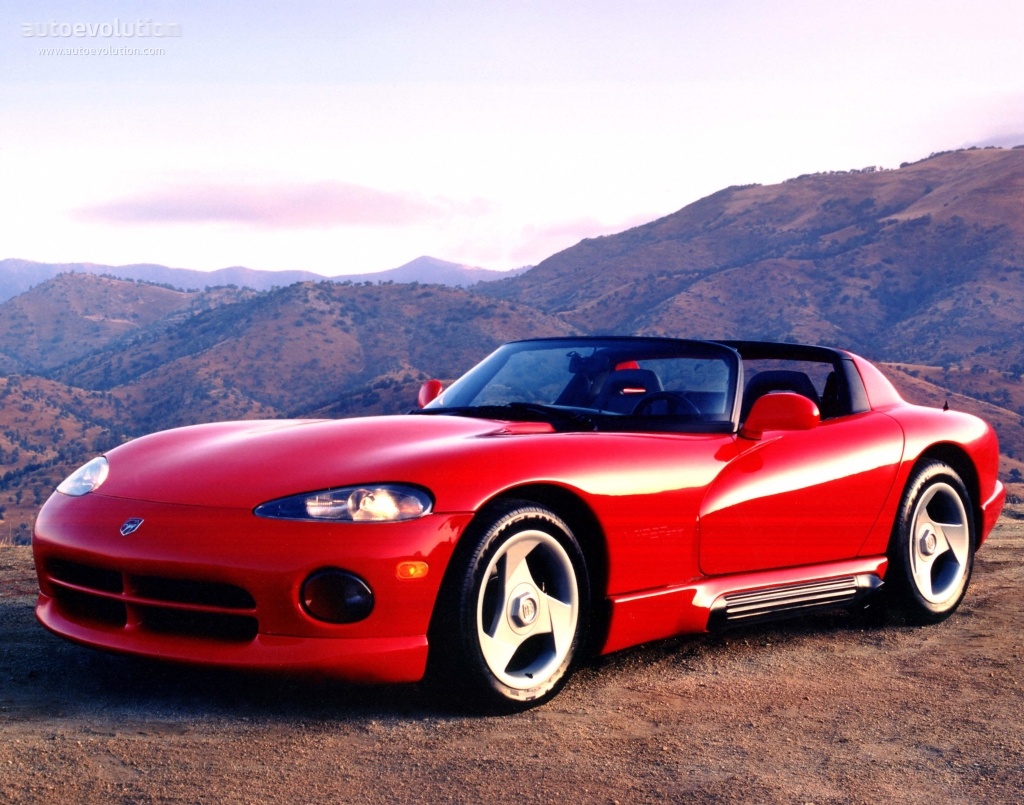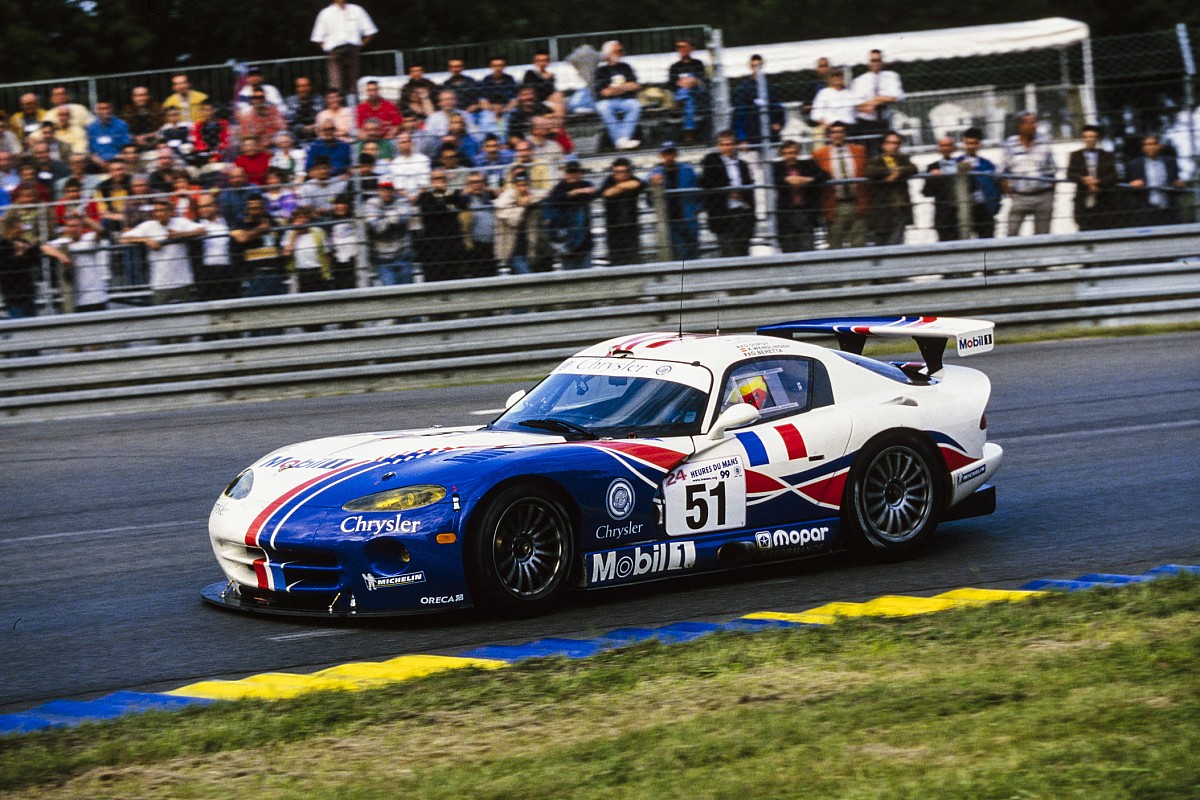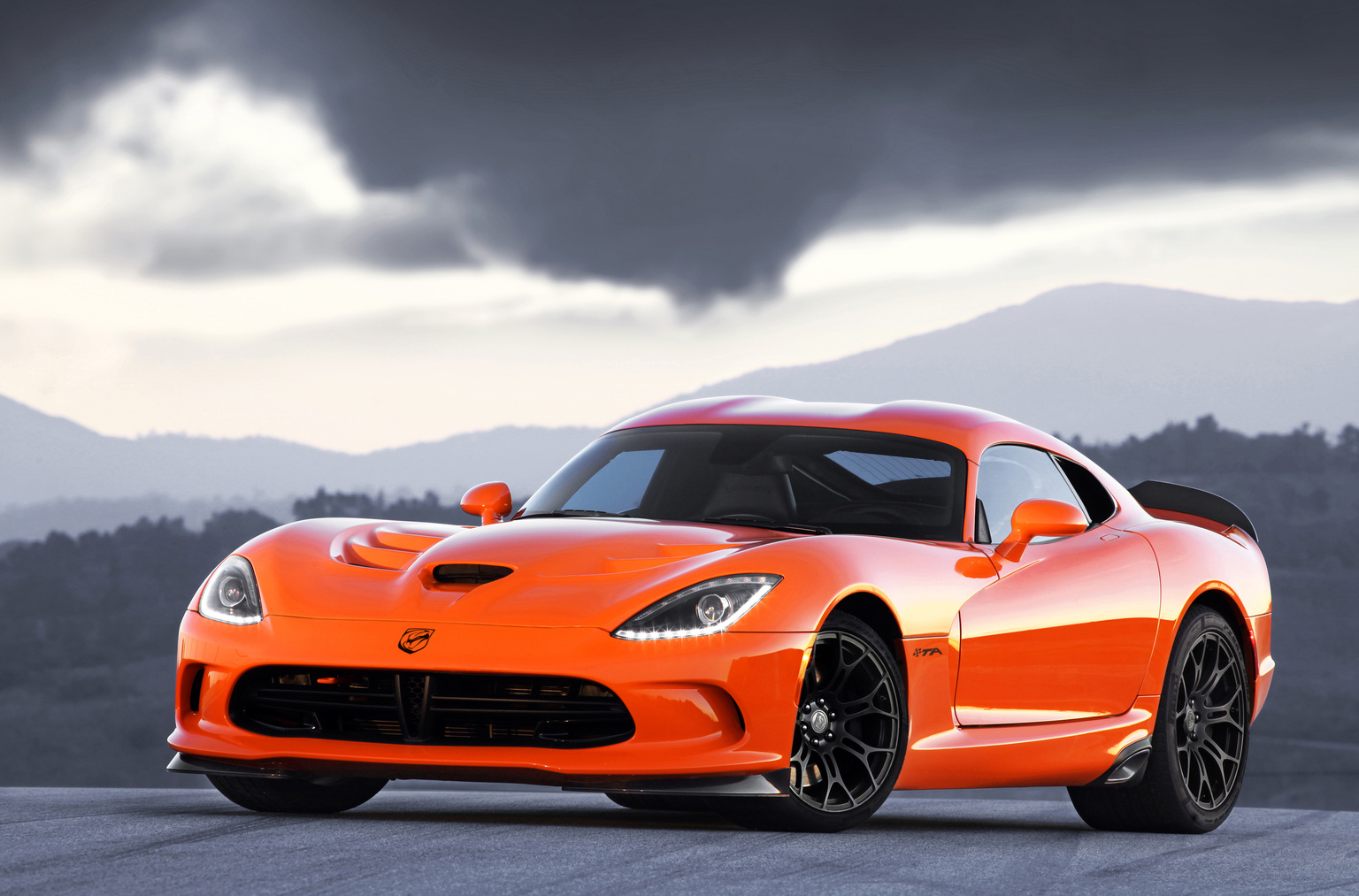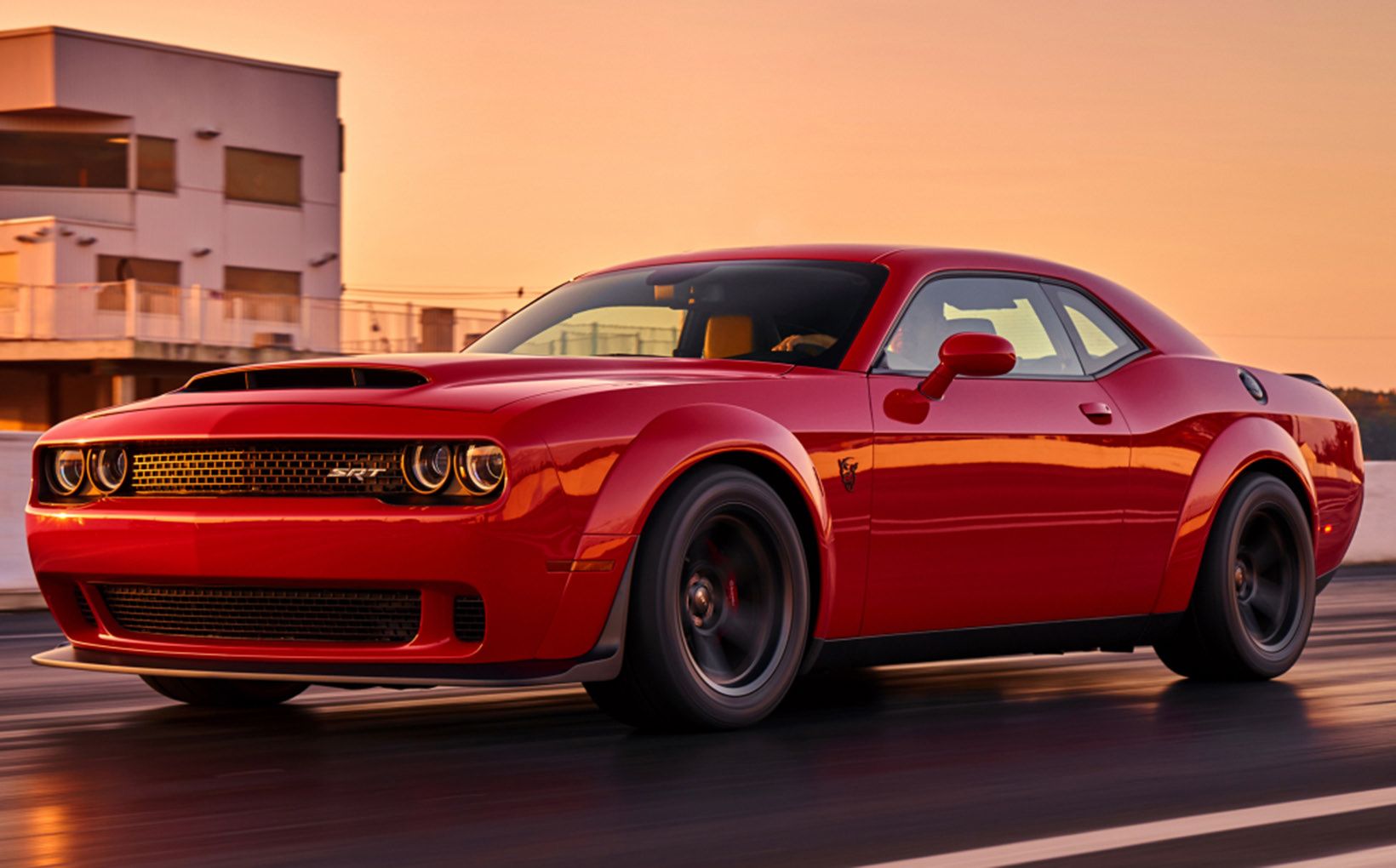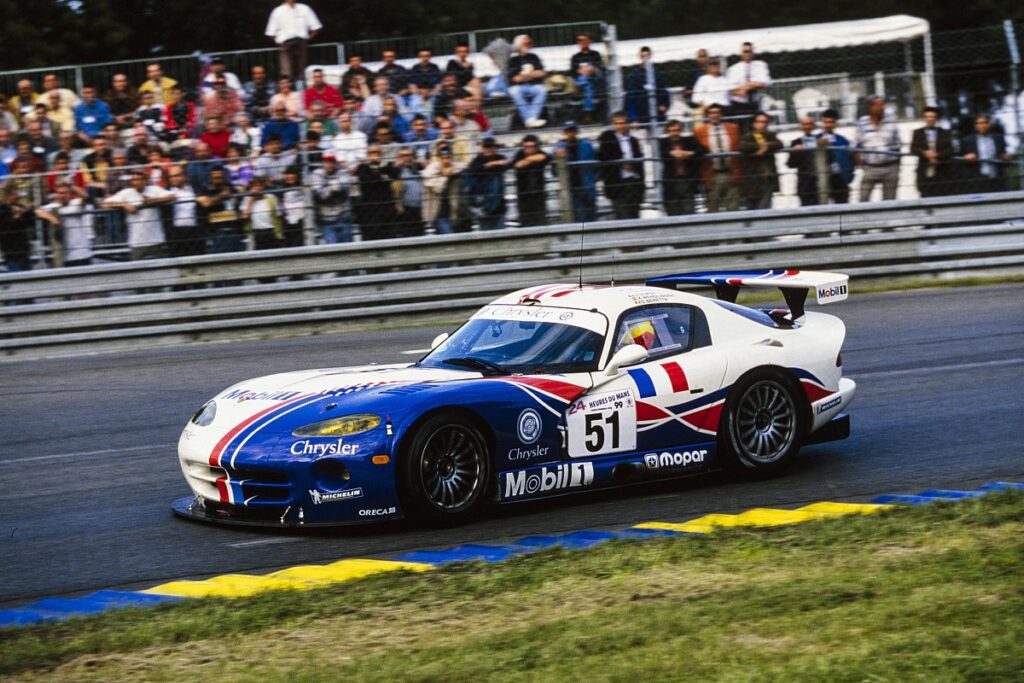Dodge
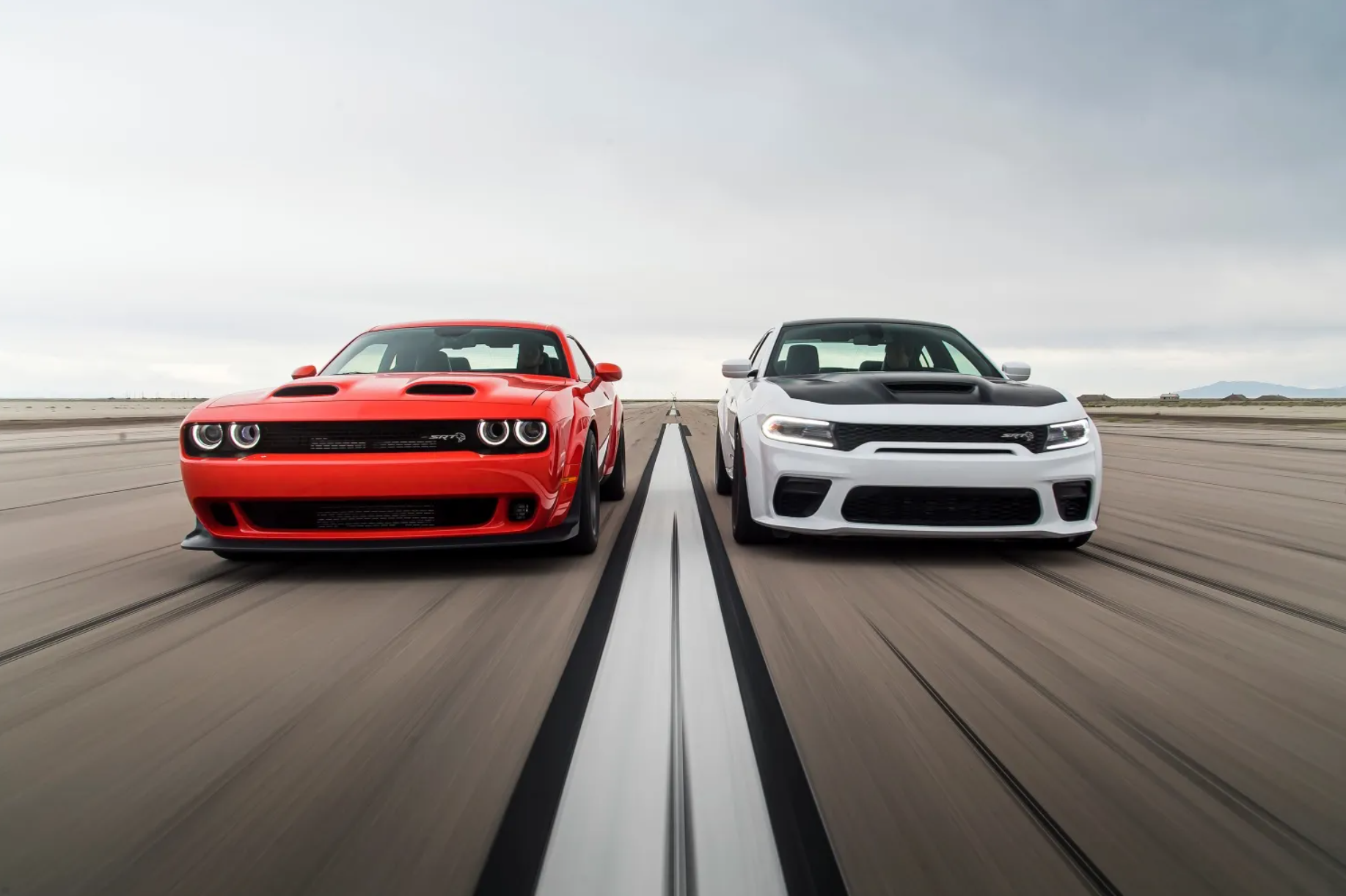
Dodge
Founded
1900
Founders
John Francis Dodge, Horace Elgin Dodge
Country
United States
Headquarters
Detroit, Michigan, United States


Dodge
Founded
1900
Founders
John Francis Dodge, Horace Elgin Dodge
Country
United States
Headquarters
Detroit, Michigan, United States
About this brand
Discover the history
Dodge, an American automotive brand founded in 1900 by brothers John Francis Dodge and Horace Elgin Dodge, has a storied history marked by innovation, performance, and a strong presence in both the consumer and motorsport markets. Initially established as a parts supplier for the burgeoning automotive industry, Dodge transitioned into manufacturing complete vehicles and quickly became known for its durable and reliable cars and trucks.
The company’s first automobile, the Dodge Model 30, debuted in 1914, featuring a robust and well-engineered design that quickly garnered a reputation for quality. By the 1920s, Dodge was a prominent name in the automotive market, with models that included affordable and well-built cars and trucks. The brand was known for its ruggedness and reliability, which contributed to its growing popularity.
Dodge underwent significant changes in the 1930s and 1940s, including a shift in ownership when it was acquired by Chrysler in 1928. This acquisition set the stage for a period of transformation and innovation. During the post-World War II era, Dodge introduced several iconic models, such as the 1949 Dodge Coronet, which featured modern design elements and advanced engineering.
The 1960s were a particularly dynamic decade for Dodge, marked by the introduction of high-performance models and a strong presence in motorsports. The Dodge Charger, introduced in 1966, became one of the brand’s most iconic models. Its aggressive styling and powerful engines made it a favorite among performance enthusiasts. The Charger gained further fame in the 1970s as a staple in NASCAR, where Dodge cars competed fiercely and secured numerous victories.
Dodge’s involvement in motorsport expanded throughout the decades, with the brand becoming a significant player in various racing disciplines. In the 1970s and 1980s, Dodge participated in the Trans-Am Series and other touring car events, showcasing its commitment to performance and engineering excellence. The Dodge Daytona, introduced in 1984, was a notable model that competed in NASCAR’s top series, further solidifying Dodge’s racing credentials.

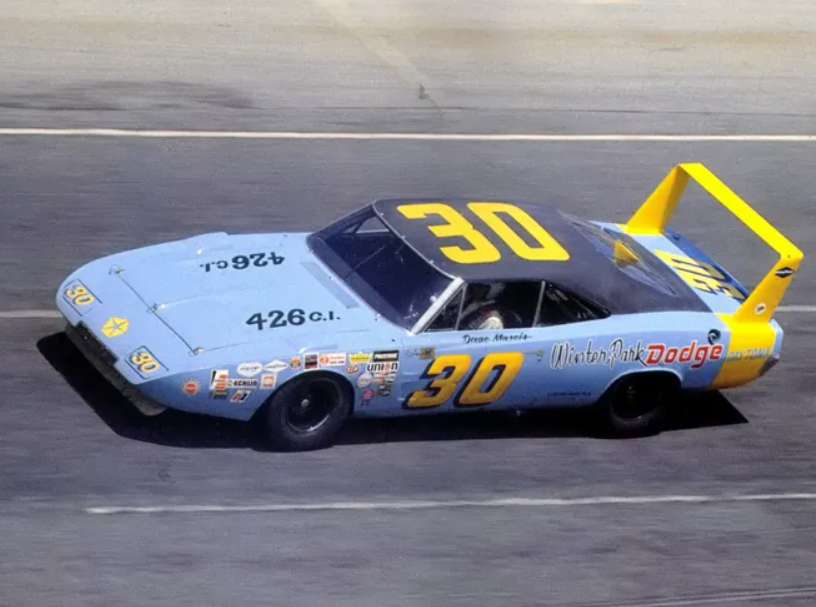
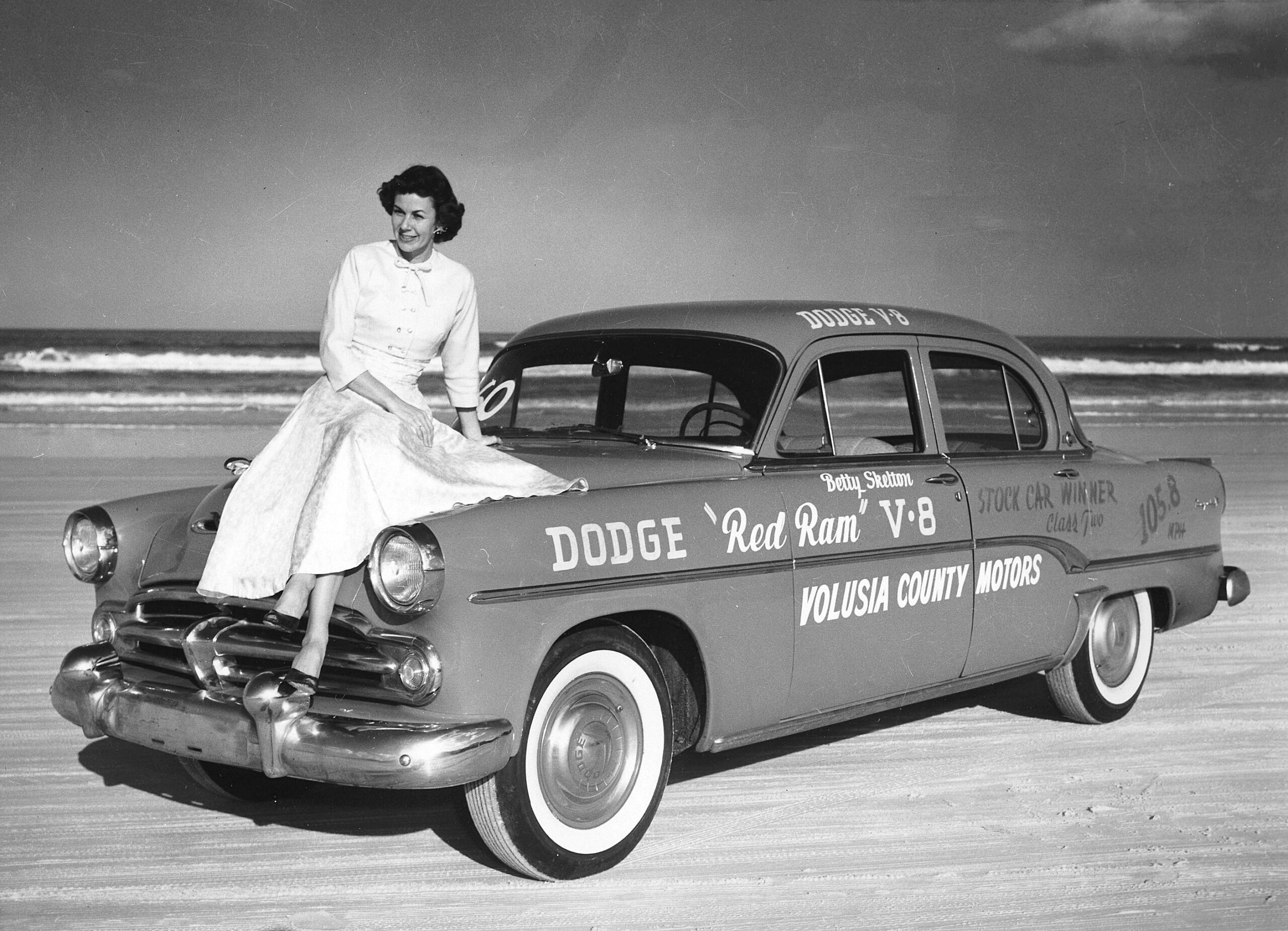
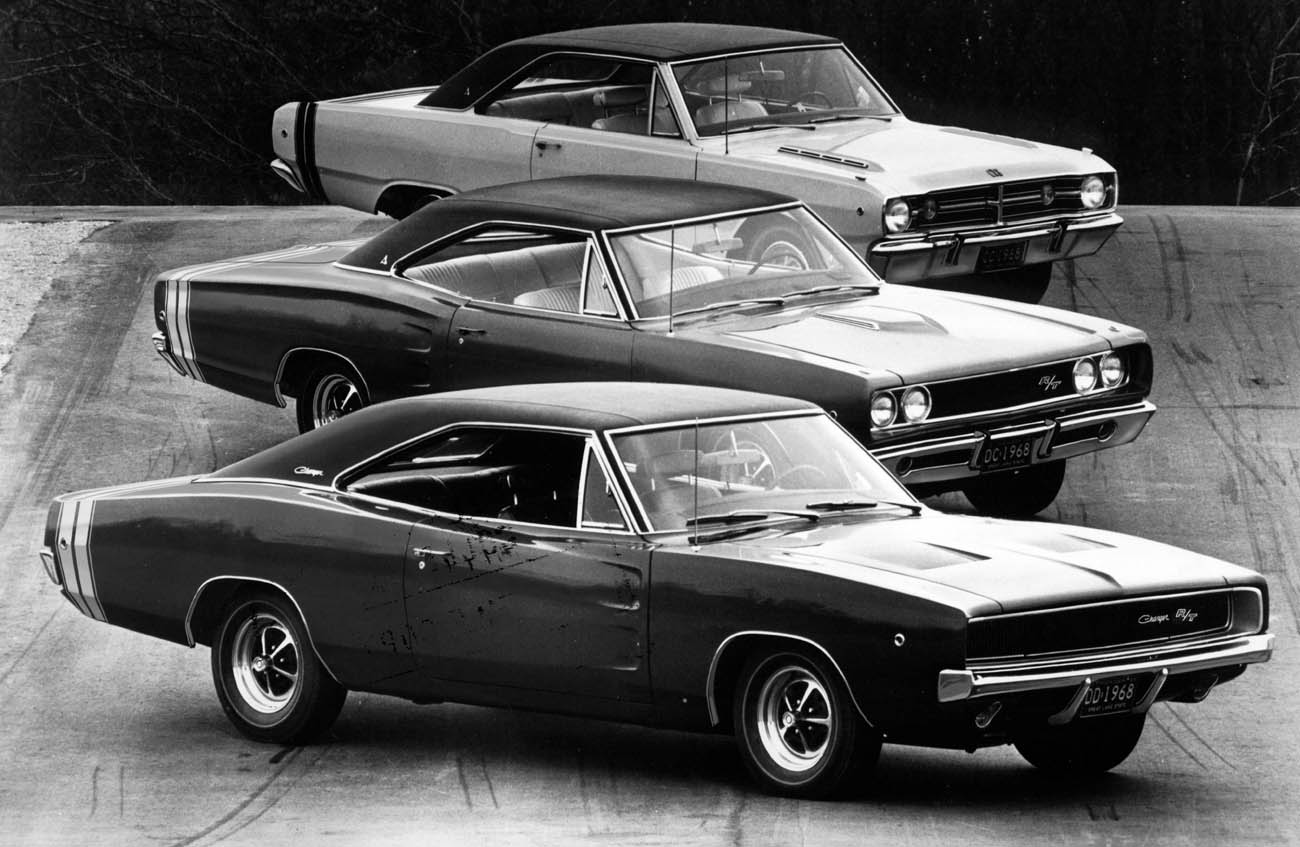
The 1990s and 2000s saw Dodge continue to evolve and adapt to changing market demands. The brand introduced a range of performance-oriented vehicles, including the Dodge Viper, a high-performance sports car that debuted in 1992. The Viper’s striking design and formidable performance established it as a modern classic and a symbol of Dodge’s commitment to performance engineering.
In the 2000s, Dodge also made headlines with its resurgence in the muscle car segment, thanks to the introduction of the Dodge Challenger and Dodge Charger in their modern forms. These vehicles paid homage to the brand’s rich history while incorporating contemporary technology and performance features. Both models became popular among enthusiasts and collectors, reinforcing Dodge’s reputation for building powerful and exciting cars.
In recent years, Dodge has continued to build on its legacy with a focus on high-performance vehicles and innovative technologies. The brand’s involvement in motorsport remains strong, with models like the Dodge Charger Hellcat and Dodge Durango SRT highlighting its commitment to producing high-performance cars for both the street and the track.
Today, Dodge is celebrated for its rich history of engineering excellence and motorsport success. The brand’s vehicles, from classic models like the Charger and Viper to contemporary performance machines, reflect its enduring legacy and commitment to delivering power, performance, and excitement to driving enthusiasts around the world.
